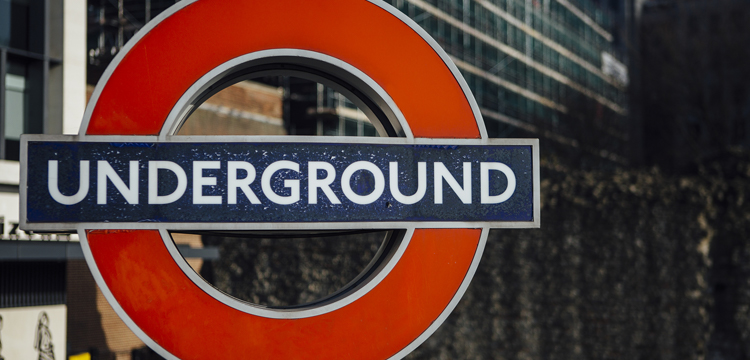With two budgets this year, there was every chance that this was going to be a bit of a damp squib, and largely it was. With the exception of giving small-business owners and the growing number of self-employed a bit of a "tax poke" (in the ribs).
The news that the self-employed will have their National Insurance contributions increased by 1% to 10%, and subsequently 11% will not be popular with the "white van man" electorate. But as each front bench Tory MP who was rolled out in front of the cameras post-budget stated, the self-employed still pay less National Insurance than their employed peers and, as of April 2016, they now get equal state pension benefits.
Self-employment has been a growing success story since the financial crisis. The Office of National Statistics state that there are over 4.5 million people registered as self-employed. This 15% of the workforce has effectively been subsidised by the 85% of the workforce who are employed in terms of National Insurance contributions.
Higher earning self-employed workers are to pay an average of 60p a week more in National Insurance contributions as part of changes to raise an extra £145 million by 2021-22.
Small-business owners in limited companies and investors, have also been hit greatly by a reduction in the dividend allowance. The £5,000 tax-free dividend limit was only recently introduced in 2016 by the Chancellor's predecessor, and the effective 60% cut in the allowance to £2,000 will not be popular.
Some back-bench Tory MPs from both sides of the party were not too happy about these changes either for ideological reasons (i.e. wanting to encourage enterprise), or on principle, many feel they are breaking the promise to not increase personal taxes, featured in the Conservative Manifesto.
Chancellors of all political colours have been tinkering with the UK tax system for decades. With effectively limited opposition in Parliament there was and still is a huge opportunity to simplify the UK tax laws. The UK tax code is now twelve times the length of the King James Bible (over ten million words), and ever increasing complexity is creating uncertainty for businesses and encouraging tax avoidance.
The question many people will be asking is, how much tweaking will there be in the future? Or, could the Chancellor instead have something more substantial up his sleeve?

You need to sign in or register before you can add a contribution.